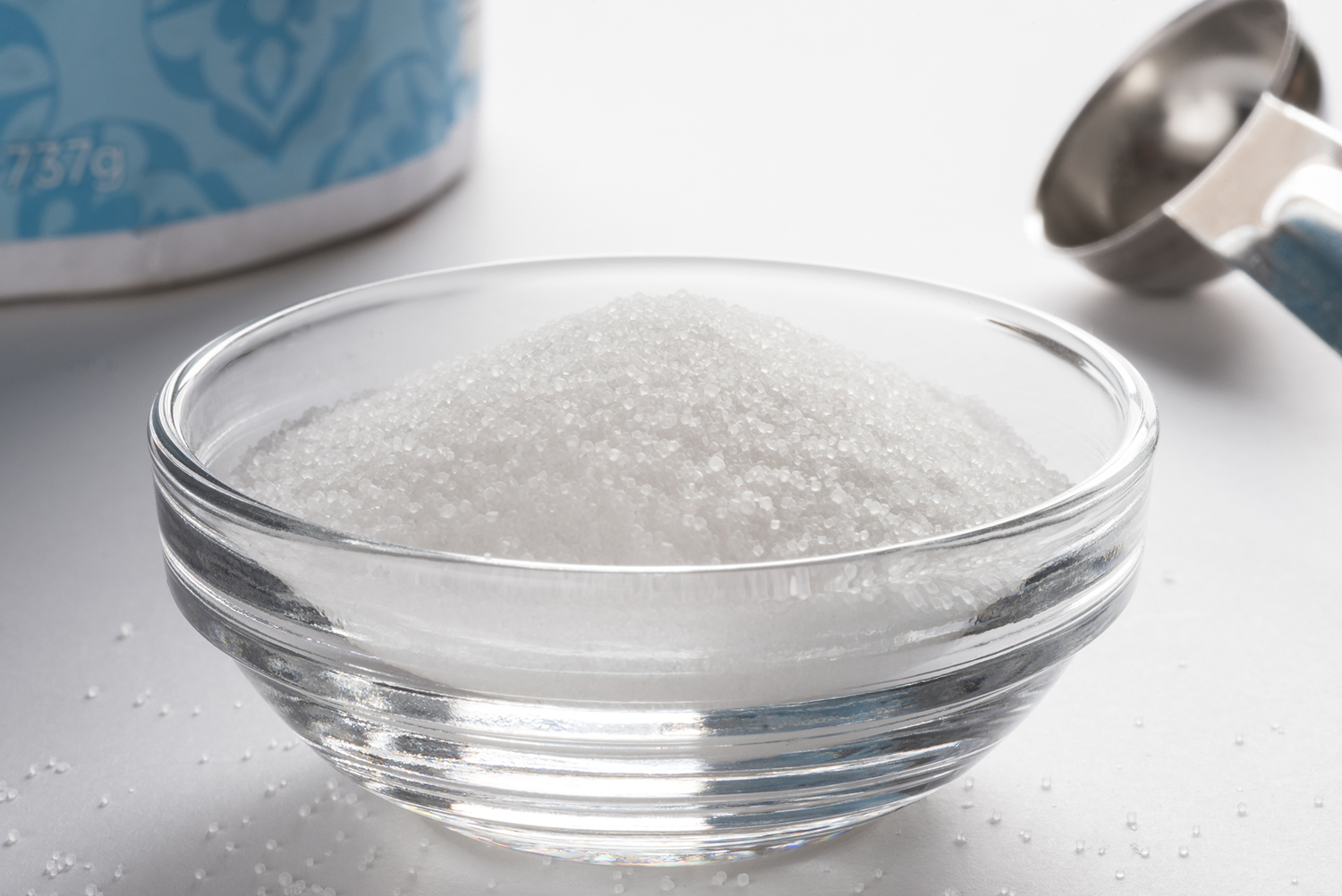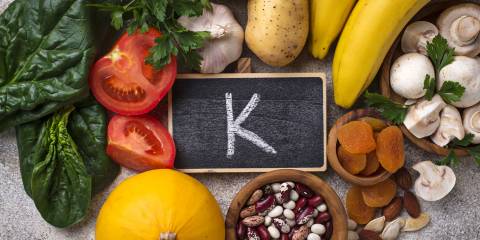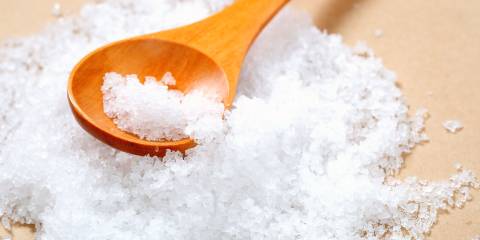In ancient times, salt was so precious people were literally paid in salt, and the seasoning was tightly controlled by the monarchy. The word “salary” is derived from the Latin, salarium, meaning salt money.
Today, salt is practically everywhere. Literally.
And, in the foods we consume—especially those we buy processed at the market or served in restaurants—it’s reached levels that concern healthcare providers worldwide.
It’s not surprising then that, according to research presented at the American Heart Association's Epidemiology and Prevention/Nutrition, Physical Activity and Metabolism 2013 Scientific Sessions, about 2.3 million people (nearly 15 percent of deaths worldwide) suffered heart-related deaths from too much salt. About a million of those deaths, nearly 40 percent, were premature, meaning occurring before age 69.
Lower Blood Pressure
A new study shows that by reducing our daily dietary sodium intake and increasing the amount of potassium, a nutrient readily found in fresh fruits, vegetables, and legumes, we can lower our blood pressure significantly. This reduces the incidence of stroke, heart attacks, and other cardiovascular diseases.
The RDA for sodium is about 2.3 g of sodium daily—about 1 teaspoon of salt a day. The American Heart Association's recommendation is more stringent still—no more than 1.5 g of salt daily.
Potassium’s Role
The studies also show that, by increasing the amount of potassium in your diet, you can reduce the risk of stroke by as much as 24 percent. Unless you have medical contradictions that would dictate otherwise, the target intake of potassium for adults should be 4.7 g daily.
You’ll find higher levels of potassium in potatoes, sweet potatoes, fat-free milk and yogurt, tuna, lima beans, bananas, tomato sauce, and orange juice. If none of those suit your fancy, consider supplements to boost your potassium intake.
Fewer processed foods, more fruits and vegetables, low-fat dairy, and fish. Sound familiar? Reducing your sodium intake and increasing your potassium intake is just part of common sense, healthy eating.




